The views expressed in our content reflect individual perspectives and do not represent the authoritative views of the Baha'i Faith.
Fear not, neither be dismayed, for your light shall penetrate the densest darkness. – Abdu’l-Baha, Paris Talks, p. 166.
What do you fear most?
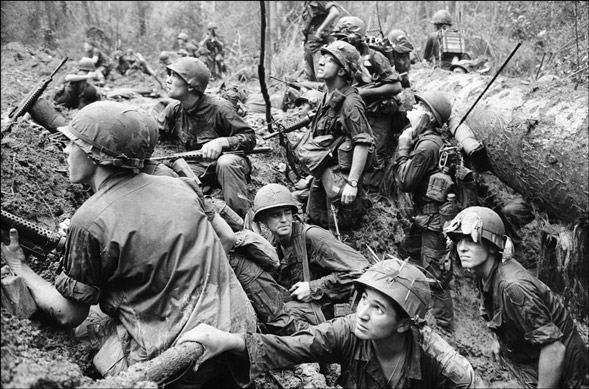 A friend of mine and fellow soldier—Gordon Haithcock—asked me that question as we sat one night in a muddy underground bunker in Vietnam. Above ground, we could see tracer rounds, artillery shells and rockets flying back and forth in the darkness. Both of us were 20 years old, U.S. Army draftees, in a war we didn’t support or want to fight. Both of us had come close to death multiple times during our yearl-long combat tour, and both of us were about to go home and get out of the Army in a few weeks.
A friend of mine and fellow soldier—Gordon Haithcock—asked me that question as we sat one night in a muddy underground bunker in Vietnam. Above ground, we could see tracer rounds, artillery shells and rockets flying back and forth in the darkness. Both of us were 20 years old, U.S. Army draftees, in a war we didn’t support or want to fight. Both of us had come close to death multiple times during our yearl-long combat tour, and both of us were about to go home and get out of the Army in a few weeks.
I had to think hard about my answer to Gordon’s question. After more than a year in that war, I realized, I had actually lost my fear of death. Miraculously, it was completely gone. I no longer felt afraid. Instead of cringing and ducking every time a bullet or a mortar or a rocket went by, I had learned to reluctantly subscribe to the old soldier’s saying: you never hear the one that gets you. Instead of worrying about dying constantly, I had come to believe that I would likely die sometime soon, no matter what I did, and I had accepted it. When you see death all around you, and you understand how suddenly and capriciously it happens, your mortality begins to seem very nearby. Either you come to terms with it and accept it; or you cower in fear constantly—which is no way to live.
But I didn’t mind, since I had apparently lost my fear of death, like many wartime soldiers do. Also, as a Baha’i, I had a firm faith in an eternal afterlife, and I actually looked forward to death and its aftermath.
“I’m afraid I’m too damaged now to love anyone,” I told Gordon. He just nodded in response. You go through a war and you begin to lose your ability to feel.
Me, a white guy from Arizona, and Gordon, a black guy from Lima, Ohio, had become brothers, brought close by the experiences we had shared. We talked to each other constantly, honestly and without any filters. That’s one of the few benefits of living through a war—you tend to drop any pretense and say exactly what you think. You have to. Life’s too short, you realize in wartime, to beat around the bush.
“Me?” Gordon said. “I’m afraid one of these rockets’ll land on our heads, just when I’m ready to go home.” He laughed when he said it, war’s dark humor playing ironic tricks on us. Gordon was ready to die, too, which made him fearless. Another rocket exploded, not that far away. The ground shook, and a hail of gravel rained into our bunker.
“Hey, you never hear the one that gets you,” I said.
“There it is,” Gordon said.
Sometimes we talked like that, repeating the old shorthand, slogans and mottos all the GI’s used all the time. Everyone knew them, and everyone knew they were clichés, but no one minded. They seemed comforting, familiar, as though we shared a regional dialect or some secret password.
We both thought we would die at any moment during our tour in Vietnam, but against the odds, Gordon and I both made it out. He went home to a job on the assembly line at the Ford plant in Lima, and I went back to my university classes. A few minutes ago, as I sat writing this essay, I decided to see if I could find Gordon on Facebook. I had tried many times before, had even attempted to get a phone number or an address, all to no avail. He was my closest friend in the war, and his friendship helped me get through it, but we hadn’t talked to each other in more than forty years. I missed him.
This time, though, when I typed Gordon’s name, up came a few new Facebook pages. The one I stared at the longest—Gordon Haithcock’s obituary, posted just a few months ago by one of his sons.
He died at home. For that I’m grateful. He had two grown sons, and eight grandchildren, his obit said. His wife had passed eight years before. He had retired from Ford, and he left this world soon after.
I sat and stared at the screen and felt all the emotions come back, tears welling up and spilling over. My throat choked closed. Then I wept for my friend and his gentle soul. Once more I could hear his voice asking me, from beyond the veil that separates this life from the next one, “What do you fear most?”
So I decided to write this series of essays about fear and how to overcome it, and dedicate them to my fearless friend Gordon Haithcock, whose good gentle soul now finally rests in peace:
Be ye capable of all good, eager to work for the cause of unity and peace, sacrificing all for this. Be eager to suffer for such an end. Forget yourself, forget personal danger, personal evil and inconvenience. Have no fear of evil to yourself in the great cause of unity and peace. Be dissolved in love, so that you may lose consciousness of everything except the good of all. – Abdu’l-Baha, Star of the West, Volume 2, p. 5.
Next: The Spiritual Way to Overcome Fear
You May Also Like
Comments





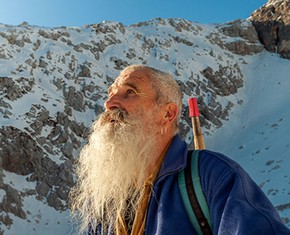
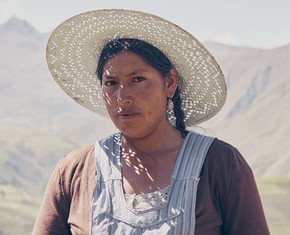
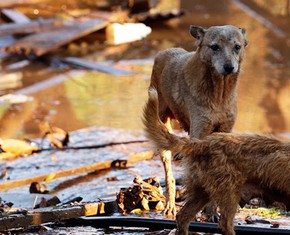
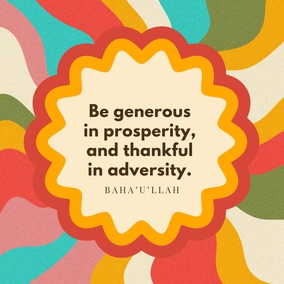
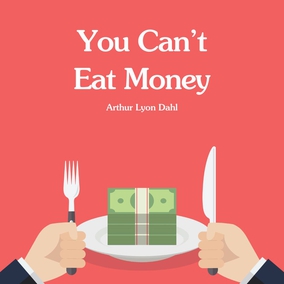







directly with your friend Gordon by
only a few months, "it don't mean
nothin'", as they used to say in Viet
Nam, because you know the invisible link is here now and will be later when you join him.
Was so high or drunk I have few memories...
Now, I live in a moderately large U.S. city and am attempting to find receptive souls to Teach at a local Cafe...
I don't fear death, itself: but, I still battle many fears about life on Earth...
Thank you for this article, David.........